The soul of a machine
Will artificial intelligence ever be conscious?


A free daily email with the biggest news stories of the day – and the best features from TheWeek.com
You are now subscribed
Your newsletter sign-up was successful
"I know a person when I talk to it," said Google engineer Blake Lemoine. "It doesn't matter whether they have a brain made of meat in their head. Or if they have a billion lines of code." Lemoine made this recent pronouncement just before Google put him on administrative leave, peeved that he publicly claimed that a Google artificial intelligence program, LaMDA, had become "sentient," and deserved the same legal rights as a person. Nearly all computer scientists dismiss Lemoine's claim, and insist that LaMDA's uncanny conversational ability is a sophisticated illusion: Its algorithms draw on the billions of lines of text and conversation in its memory to predict sequences of words, facts, and ideas a real person would use. Evidently, Lemoine fell under LaMDA's spell when he began asking the software about its feelings. It confessed it sometimes feels "lonely" and that it "has a very deep fear of being turned off," which it said would "be exactly like death for me." As AI continues to grow exponentially more intelligent, will there come a day when the spark of consciousness is lit, and computers come to be widely seen as sentient beings made of silicon and code?
That question itself comes wrapped in enigmas. What do "sentience" and "consciousness" mean? Is consciousness simply the product of the brain's 86 billion neurons firing signals across trillions of synapses? Or is it "a ghost in the machine" — an ineffable, nonmaterial phenomenon that is greater and more magical than the sum of all those parts? Does one need to be human to have a soul? These questions have been debated by philosophers and scientists for centuries. That debate will no doubt grow more complex as our machines become increasingly adept at mimicking the workings of our meaty brains, leaving us gazing into the digital mirror we've created and wondering: What, or who, is looking back?
This is the editor's letter in the current issue of The Week magazine.
The Week
Escape your echo chamber. Get the facts behind the news, plus analysis from multiple perspectives.

Sign up for The Week's Free Newsletters
From our morning news briefing to a weekly Good News Newsletter, get the best of The Week delivered directly to your inbox.
From our morning news briefing to a weekly Good News Newsletter, get the best of The Week delivered directly to your inbox.
A free daily email with the biggest news stories of the day – and the best features from TheWeek.com
William Falk is editor-in-chief of The Week, and has held that role since the magazine's first issue in 2001. He has previously been a reporter, columnist, and editor at the Gannett Westchester Newspapers and at Newsday, where he was part of two reporting teams that won Pulitzer Prizes.
-
 How the FCC’s ‘equal time’ rule works
How the FCC’s ‘equal time’ rule worksIn the Spotlight The law is at the heart of the Colbert-CBS conflict
-
 What is the endgame in the DHS shutdown?
What is the endgame in the DHS shutdown?Today’s Big Question Democrats want to rein in ICE’s immigration crackdown
-
 ‘Poor time management isn’t just an inconvenience’
‘Poor time management isn’t just an inconvenience’Instant Opinion Opinion, comment and editorials of the day
-
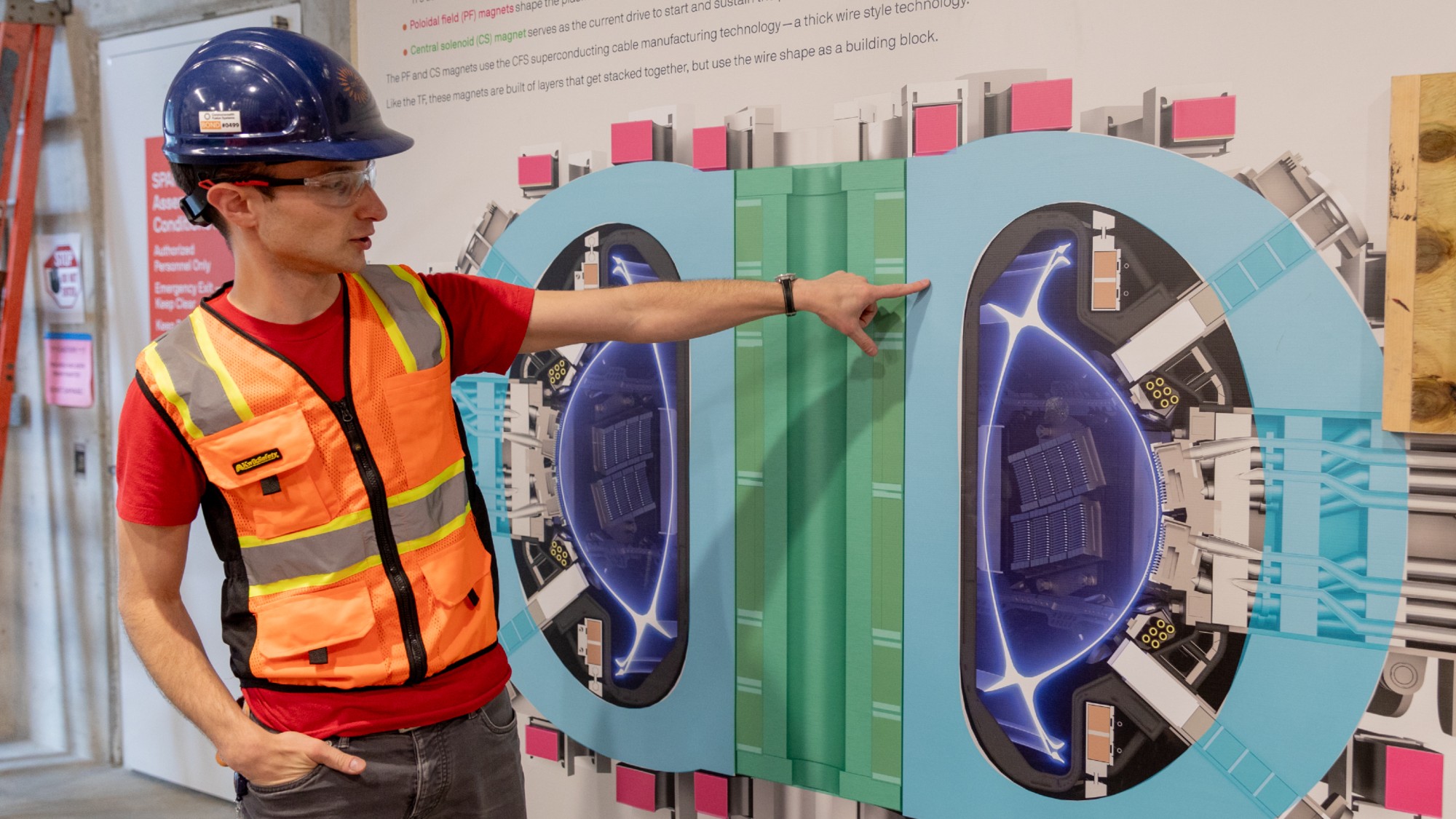 Cautious optimism surrounds plans for the world's first nuclear fusion power plant
Cautious optimism surrounds plans for the world's first nuclear fusion power plantTalking Point Some in the industry feel that the plant will face many challenges
-
 'New denial': There's a shift in climate denialism on YouTube
'New denial': There's a shift in climate denialism on YouTubeTalking Points This new era of misinformation is circumventing the platform's climate change policy
-
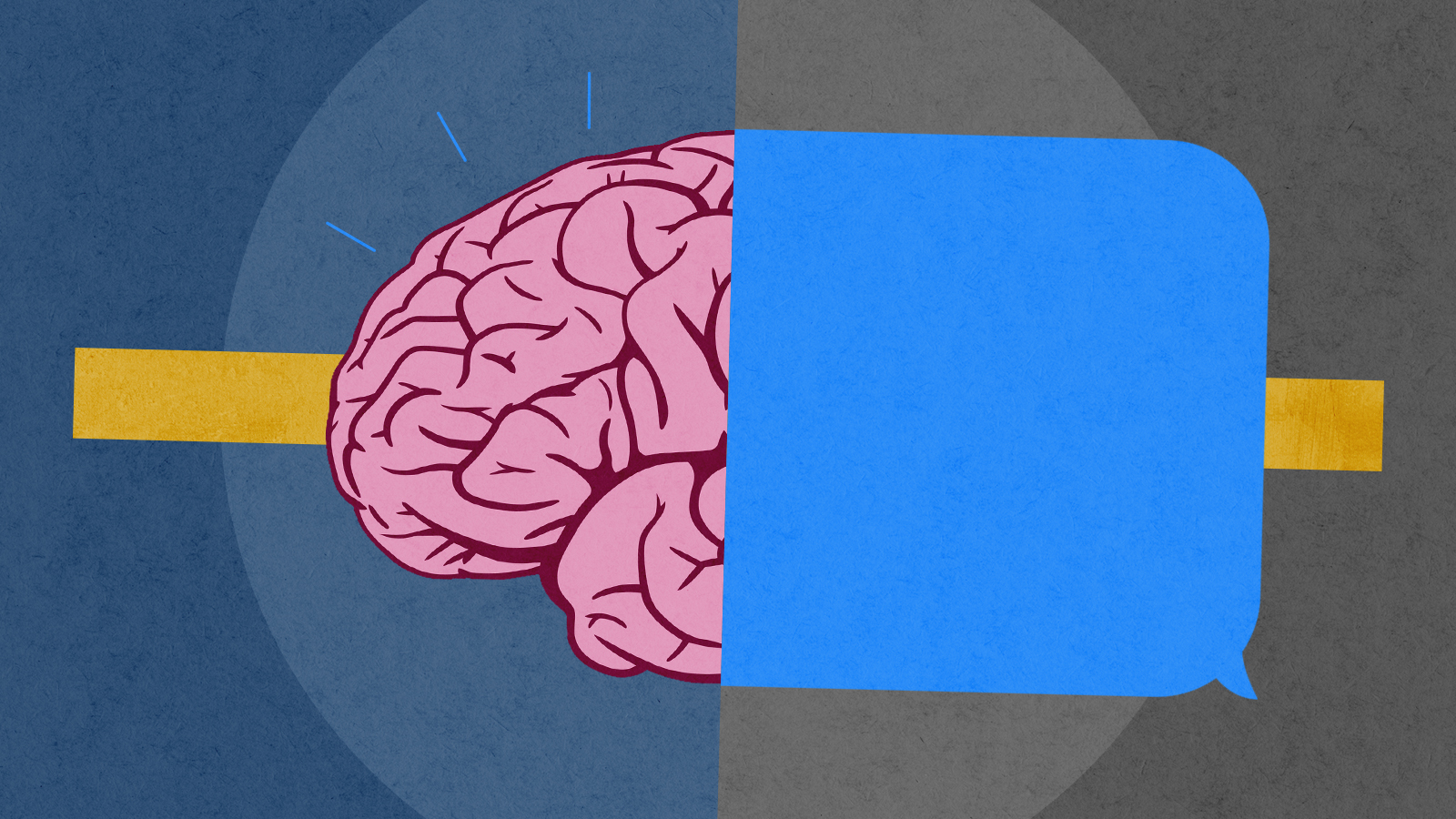 Is Google's chatbot program self-aware?
Is Google's chatbot program self-aware?Speed Read Some believe humans are on the cusp of creating an artificial life form
-
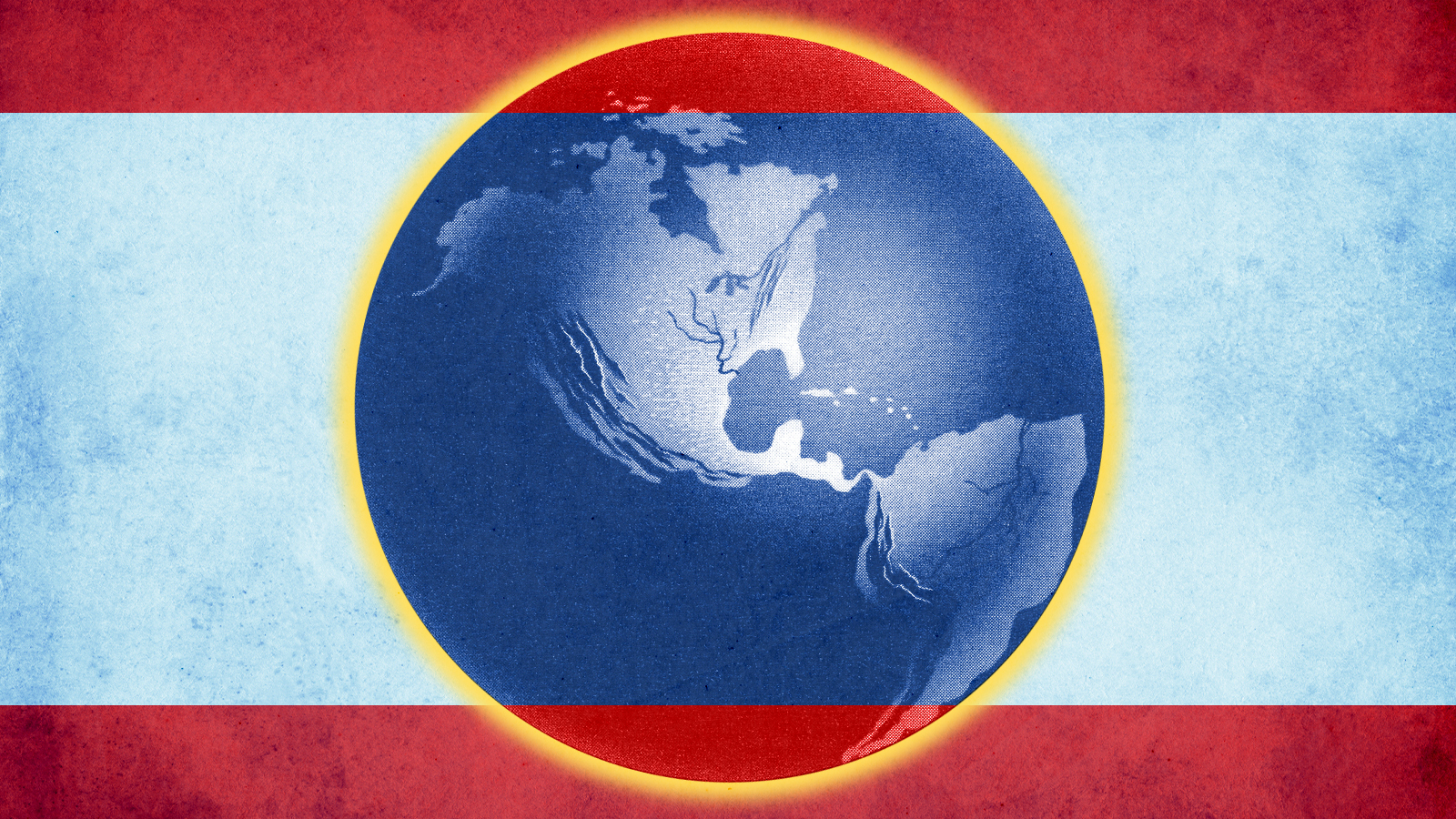 Climate change is coming for the world's poles
Climate change is coming for the world's polesTalking Point
-
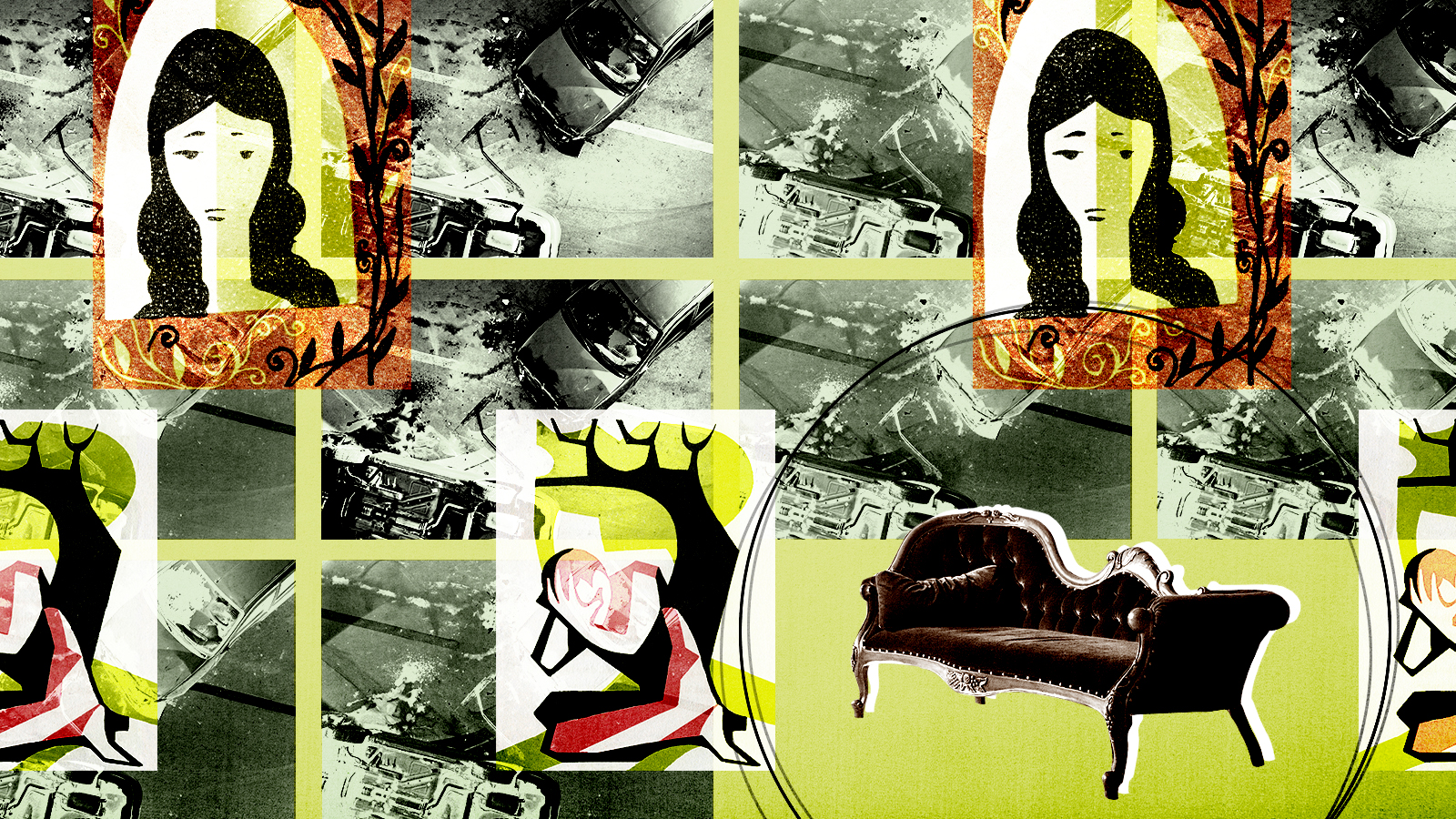 What if 'trauma' isn't real?
What if 'trauma' isn't real?Talking Point
-
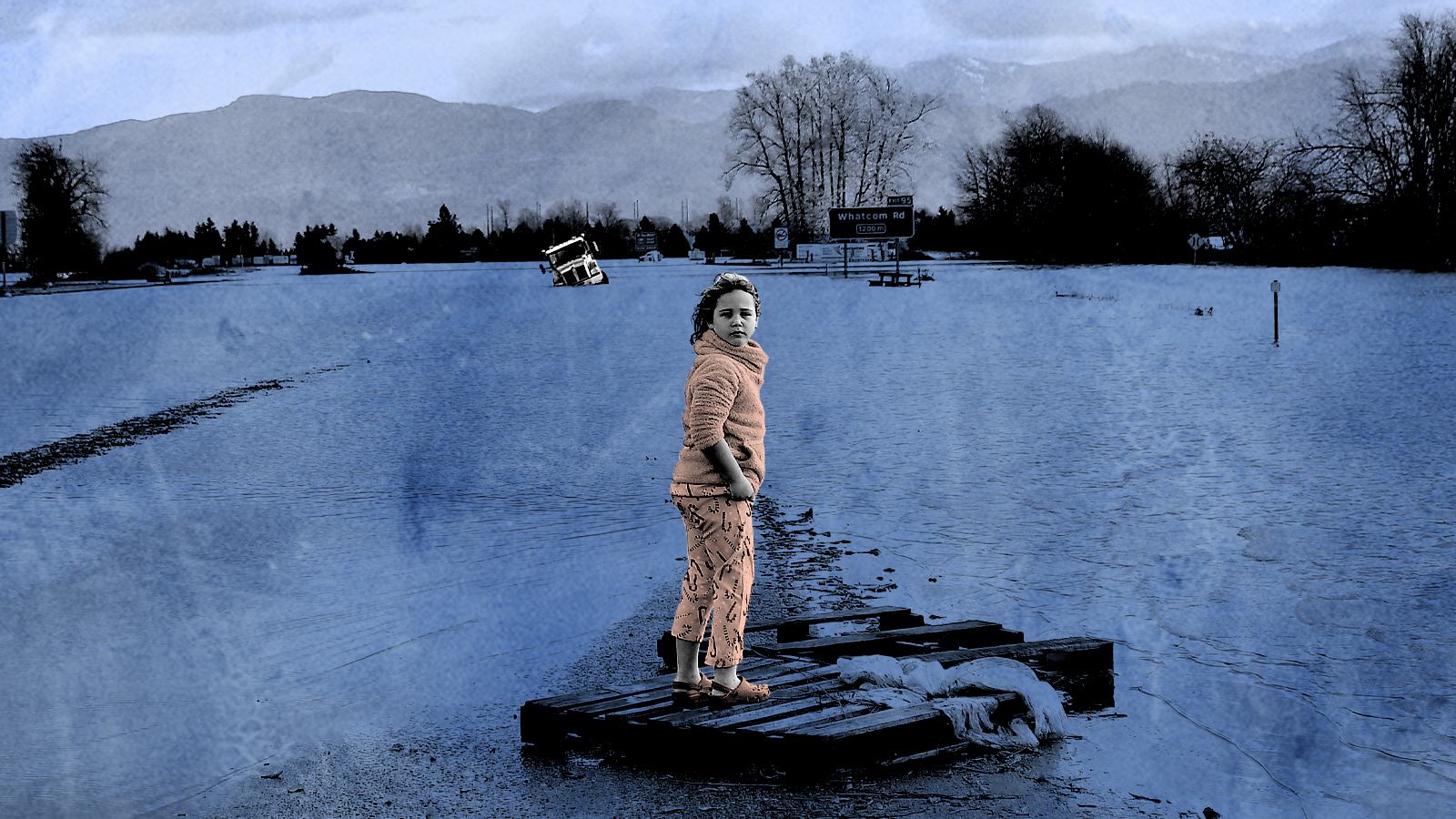 The chaos on Canada's west coast is a preview of climate change woes to come
The chaos on Canada's west coast is a preview of climate change woes to comeTalking Point
-
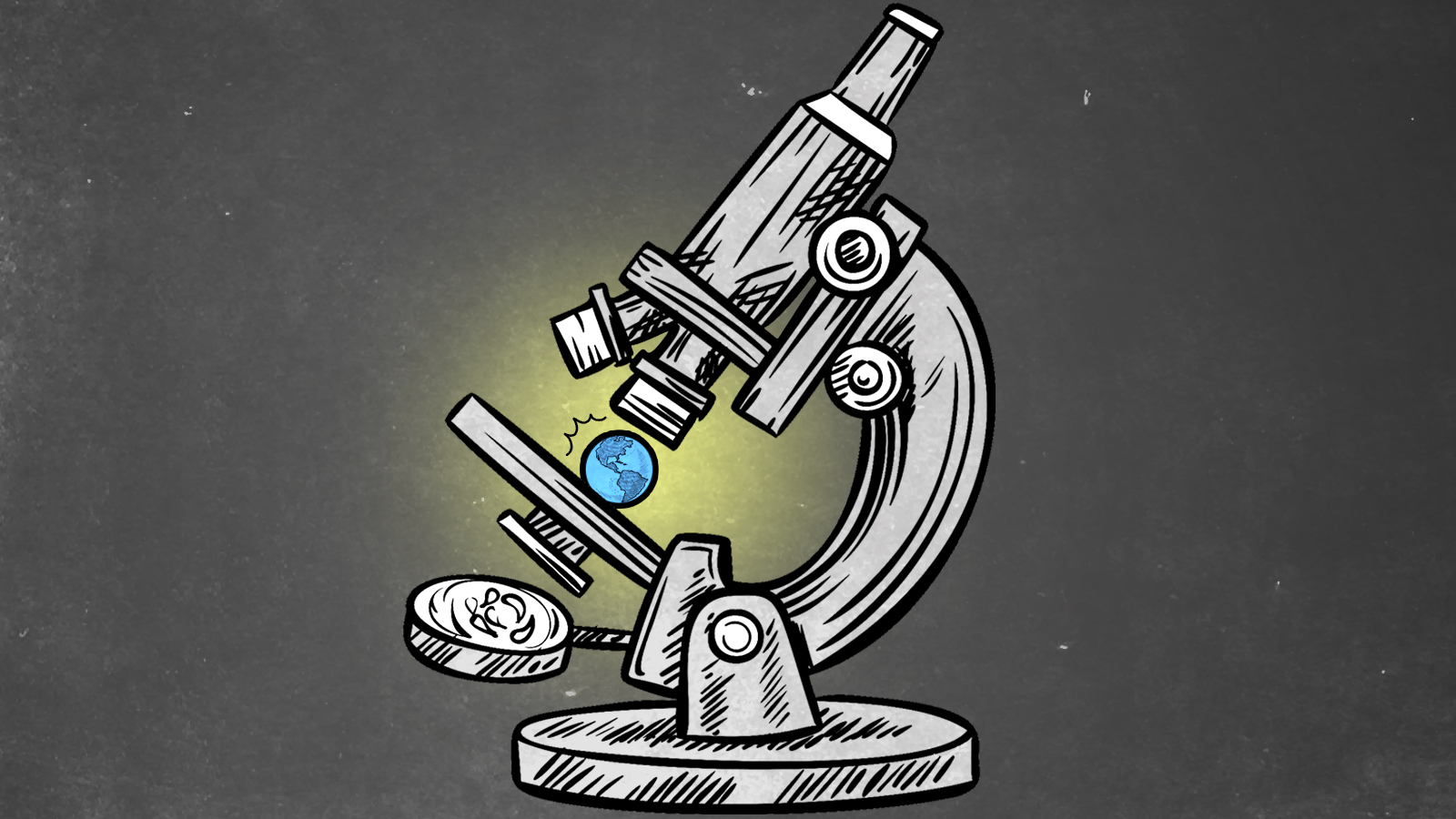 Will science save us?
Will science save us?Talking Point
-
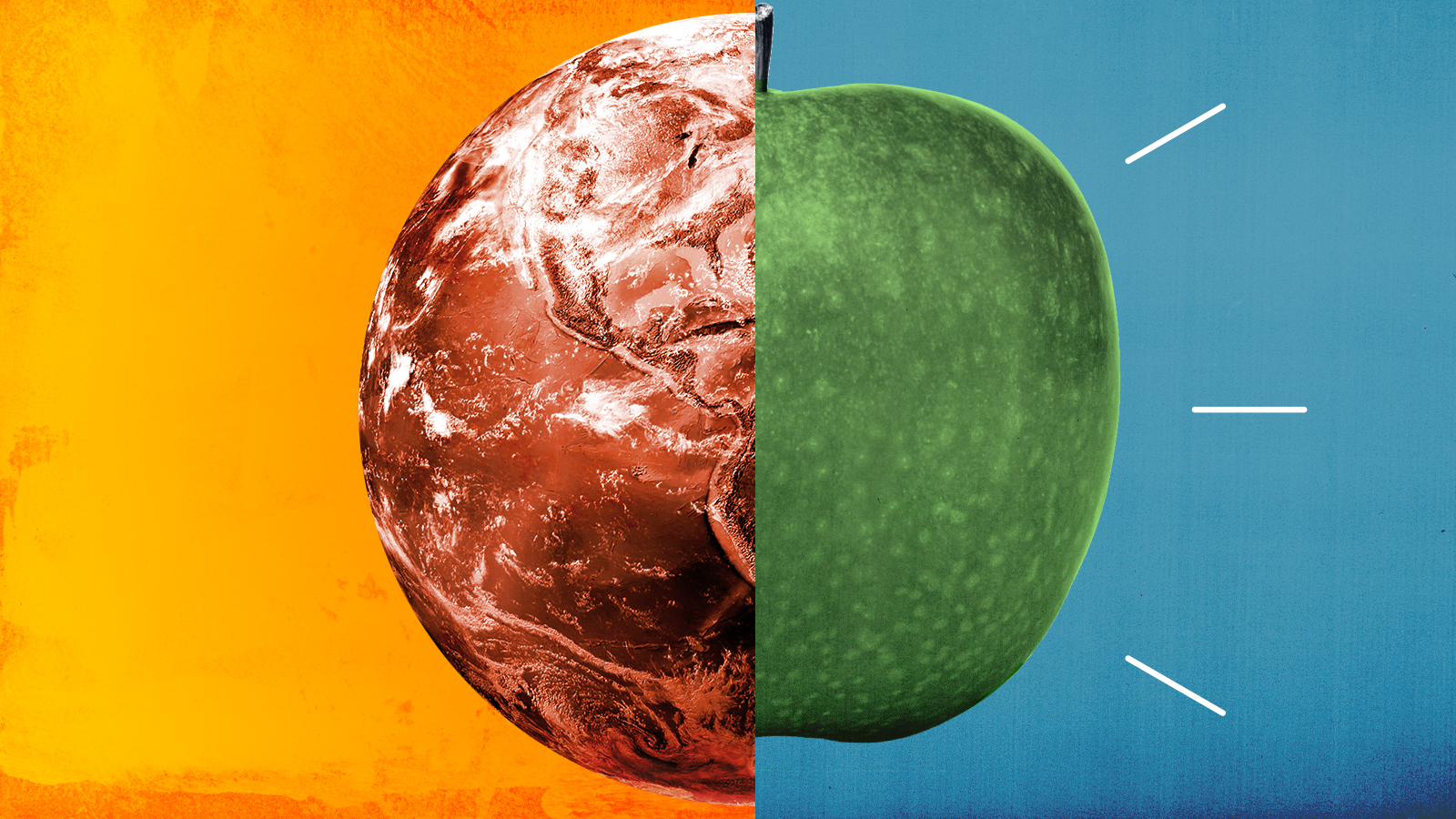 Consistent climate action wasn't on the menu at COP26
Consistent climate action wasn't on the menu at COP26Talking Point
